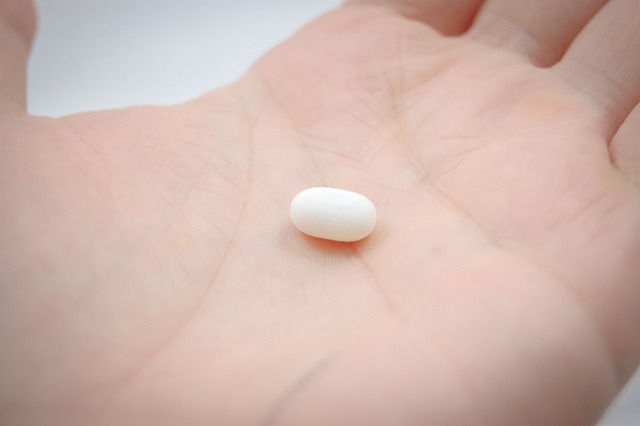Allopurinol: Dosage, Treatment for Gout, and Side Effects
Gout is a form of inflammatory arthritis that can be extremely painful, often resulting from high levels of uric acid in the blood. One of the most commonly prescribed medications for managing this condition is Allopurinol. This article explores the dosage, treatment for gout, and potential side effects of Allopurinol, providing a comprehensive overview for patients seeking to understand their treatment options.

What is Allopurinol?
Allopurinol is a xanthine oxidase inhibitor that works by reducing the production of uric acid in the body. By lowering uric acid levels, it helps prevent gout attacks and the formation of kidney stones. It is essential for patients with chronic gout or those who suffer from recurrent episodes.
Dosage of Allopurinol
The dosage of Allopurinol can vary based on individual needs and the severity of the condition being treated. Generally, the initial dose is 100 mg per day, which may be increased to 300 mg or more, depending on the patient’s uric acid levels and tolerance of the medication.
Typical Dosage Guidelines:
| Condition | Initial Dose | Maintenance Dose |
|---|---|---|
| Chronic Gout | 100 mg/day | 300 mg/day or more |
| Kidney Stones | 100 mg/day | 400 mg/day |
Treatment for Gout
When beginning treatment with Allopurinol, it is crucial to monitor uric acid levels through regular blood tests. This helps ensure the medication is effective and allows for dosage adjustments if necessary. Patients may experience a decrease in gout attacks after several weeks of treatment, as the uric acid levels stabilize.
Additional Treatment Considerations:
- Stay hydrated to help flush uric acid from the body.
- Limit intake of purine-rich foods such as red meats and seafood.
- Consider lifestyle changes, including weight management and exercise.
Potential Side Effects of Allopurinol
While Allopurinol is generally well-tolerated, some individuals may experience side effects. Common side effects include:
- Nausea
- Diarrhea
- Skin rash
- Gastrointestinal upset
In rare cases, Allopurinol can cause severe allergic reactions or liver damage. If you notice symptoms such as fever, swollen lymph nodes, or severe skin rash, it is crucial to seek medical attention immediately.
Watch This Video for More Insight
Further Reading
For those interested in more in-depth information about Allopurinol, consider visiting these links:
Understanding the benefits and potential risks associated with Allopurinol can empower patients in their journey to manage gout effectively. It is always best to have open conversations with healthcare providers about any concerns or questions regarding treatment options.
